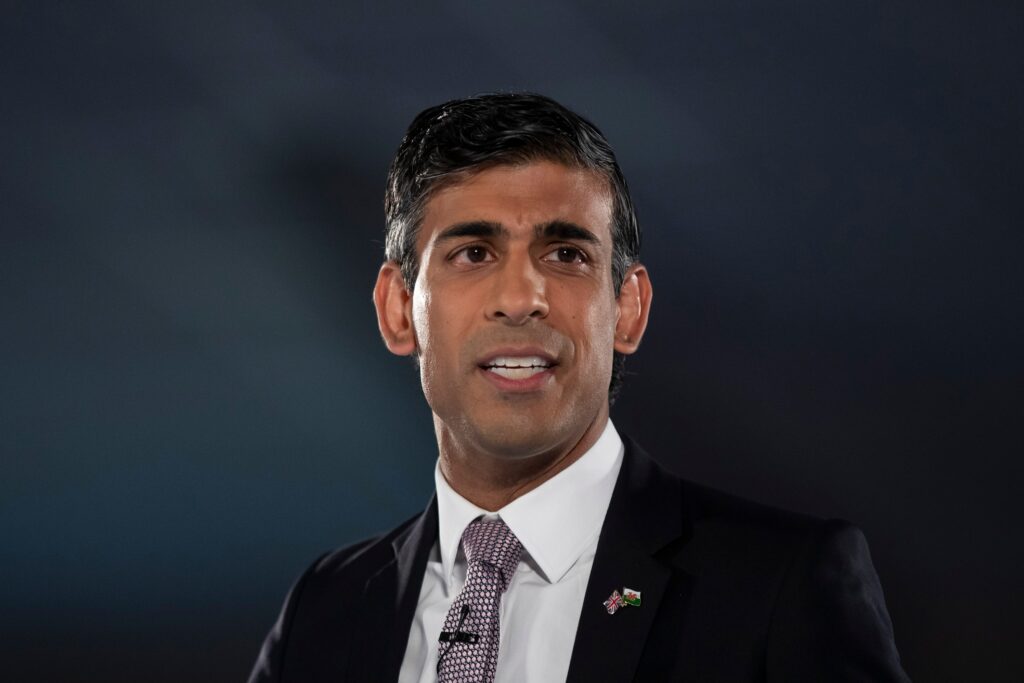Sunak has saved landlords from an uncertain future and thousands of pounds of costs or has he?
In a recent move that has brought relief to the rental sector, Prime Minister Rishi Sunak has scrapped plans that would have burdened landlords with increasing the energy efficiency of their rental properties at their own cost.
What does this decision mean for landlords, and what are the broader implications for the rental market?
Plan Insurance can accommodate your Property Owners & Landlord Insurance needs. Just fill in our short call back form, and our professional brokers will be in contact to arrange your insurance.
The Proposed Changes
Initially, the government had set out to introduce new minimum standards for the energy efficiency of rental properties in England and Wales. The primary change revolved around the Energy Performance Certificate (EPC) rating. The proposal sought to elevate the minimum EPC rating for rental homes from E to C by 2025. This decision was part of a broader initiative to address climate change and achieve net zero targets.
Why the Sudden U-Turn?
It’s worth noting that these proposals were not new. Having started the consultation in 2020, these potential changes have been hovering over the heads of landlords for a while. However, they never became law.
Prime Minister Rishi Sunak has justified the decision by pointing to the potential additional financial strain it might have placed on families. It was estimated that some of these green measures would have cost up to fifteen thousand pounds. No doubt many landlords would seek to recoup that outlay via increased rental amounts.
Alternatively, they might have disposed of their property to avoid the cost entirely. This would further restrict the supply of housing stock in a market already struggling to cope with demand. It seems inevitable that rental prices would have been the consequence. The announcement that the proposals will be withdrawn comes at a time when many households are grappling with a cost-of-living crisis, prompting the government to reconsider several of its green initiatives.
Responses from the Rental Industry
Feedback on the decision has been mixed. From the perspective of many landlords, Rishi’s move has come as a relief. A survey by Simply Business highlighted that 42% of landlords saw improving their property’s energy efficiency as a massive upcoming challenge. For some, the anticipated costs ranged from £5,000 to over £10,000.
Ben Beadle, Chief Executive of the National Residential Landlords Association (NRLA), however, conveyed concerns over the inconsistency in policy directions. He said, “The uncertainty surrounding energy efficiency policy has been hugely damaging to the supply of rented properties.” NRLA’s main plea is for a clear and comprehensive plan that facilitates desired energy efficiency upgrades in the rental market.
On the other hand, groups like Generation Rent express serious reservations, saying that there could be implications for tenants who may have to bear high energy costs in properties with subpar energy efficiency.
What Else is Changing?
Sunak’s announcement encompassed more than just the energy efficiency rules for landlords. Notably, there was a 50% increase in boiler upgrade scheme grants, pushing them to £7,500. Moreover, plans to ban certain heating options for off-grid homes were delayed, and exemptions were introduced for certain households struggling to switch to heat pumps.
Uncertainty and the Need for Clear Direction
Landlords, while relieved in the short term, face uncertainty about the government’s future moves in relation to its climate goals.
Lucian Cook, head of residential research at Savills, summarised the general feeling of landlords, “The question is whether this has completely been consigned to the dustbin or whether the policy is going to be recycled at some point in the future.”
If this is going to pop up again for landlords, it’s the definition of kicking the can down the road. There’s a delicate balance to strike between achieving environmental targets and ensuring that these changes don’t put a significant financial strain on landlords and tenants.
As the residential housing sector accounted for 17% of all UK carbon dioxide emissions in 2022, the need to address this sector’s environmental footprint at some stage is inevitable. The challenge lies in creating a policy framework that considers the needs of landlords, tenants, and the environment. Is that possible during a cost-of-living crisis? It remains to be seen.


